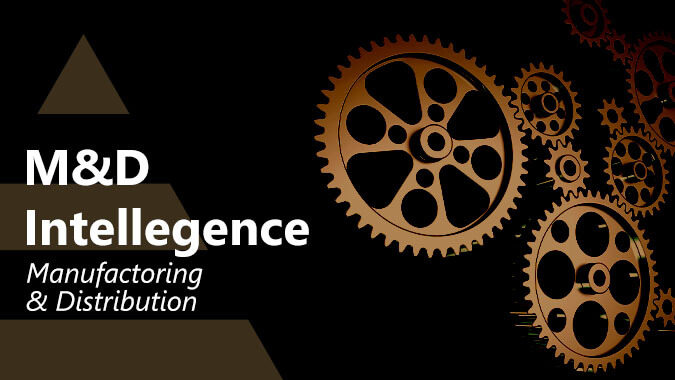Business Tax Quarterly Suggested Readings - Fall 2019
- Published
- Nov 25, 2019
- Topics
- Share
Leasing Standards-Related Content
FASB Extends Leasing Standards Deadline for Non-Public Companies
After months of deliberation, FASB moved private company implementation of the new lease accounting standard rules to after Dec. 15, 2020. The standards-setting organization had previously stated private companies must implement the new rules at the beginning of 2020. FASB now plans to issue documents on the changes in mid-November.
Moody’s Warns of Extension Impact on Investor Confidence
Even as FASB issued an extension, prior warnings by Moody’s amplify the wisdom of earliest implementation by non-public companies. In August, the credit rating agency warned delaying the start date would imperil investors’ and analysts’ ability to compare the financial health of otherwise similar public and non-public companies.
New Lease Standards Complicate EBITDA Calculations
Highlighting the need for education on the new standards, FASB’s rule changes potentially undermine the relevance of earnings before interest, taxes, depreciation and amortization, as the metric has commonly been used. Differences in calculation methods used already limited its utility, and the new rules further complicate metric computation, analysts say.
Lessons Learned from Public Company Implementation
The experiences of public companies in implementing the new standards can inform private companies on the challenges of compliance. Bloomberg Tax & Accounting’s Adam Schrom outlines the main lessons learned among companies that have transitioned to ASC 842, and how non-public companies can successfully adopt the new rules.
Digital and Cloud Transaction-Related Content
Tax Consequences of Proposed Rules on Digital, Cloud Transactions
The proposed rules on digital content and cloud transactions hold tax advantages and disadvantages. With many cloud transactions not classified as licenses, vendors can side-step high withholding taxes from royalty payments. However, the focus on download location in determining sourcing does not bode well for many foreign vendors.
Comparing Current and Proposed Rules
Proposed regulations on digital content and cloud transactions are open to comments until Nov. 12. To inform feedback, taxpayers can review the 1998 guidance, which simply focused on computer programs, and the proposed guidance, which broadens software to include digital content and cloud transactions.
Proposed Rules Still Leave Lingering Questions
The IRS proposed rules aim to clarify the federal income tax treatment of digital and cloud transactions. However, questions persist about the sourcing treatment of cloud transactions. Here, current rules and case law can offer guidance amid the lingering questions.
Business Tax Quarterly - Fall 2019
Contact EisnerAmper
If you have any questions, we'd like to hear from you.
Receive the latest business insights, analysis, and perspectives from EisnerAmper professionals.











